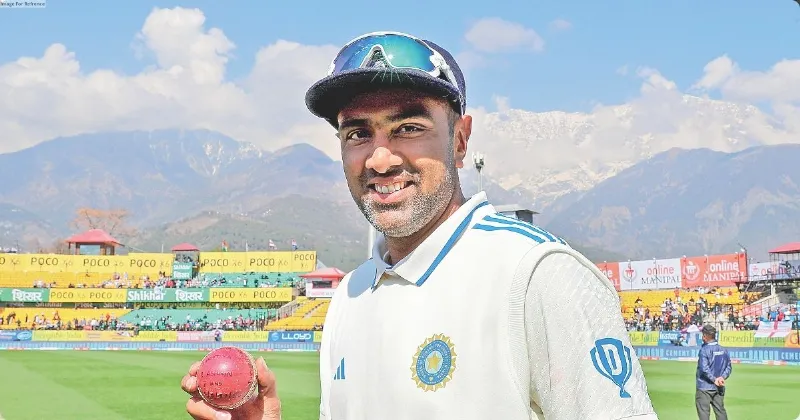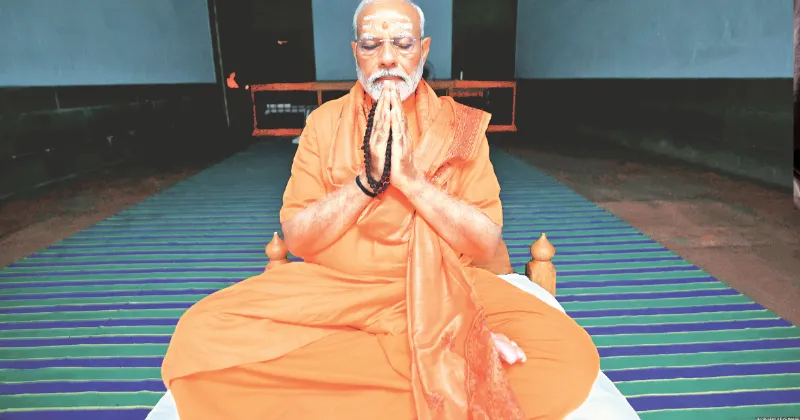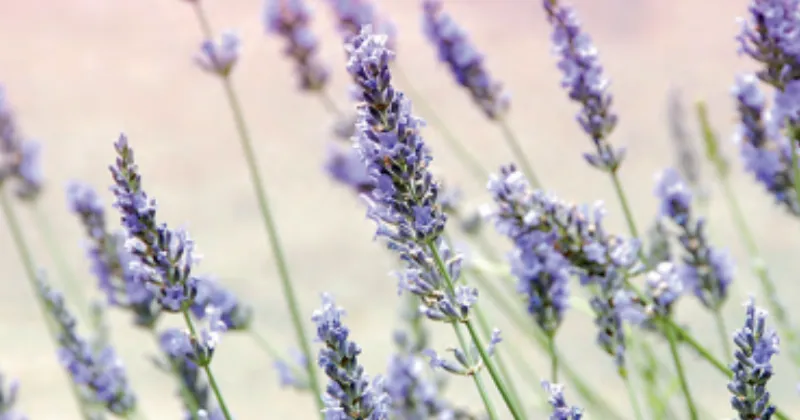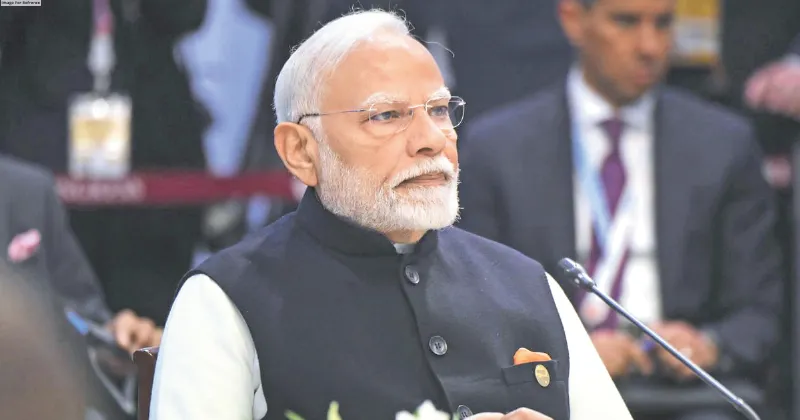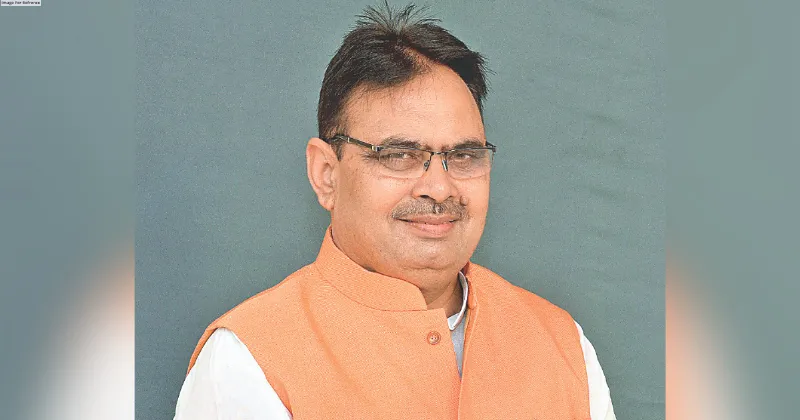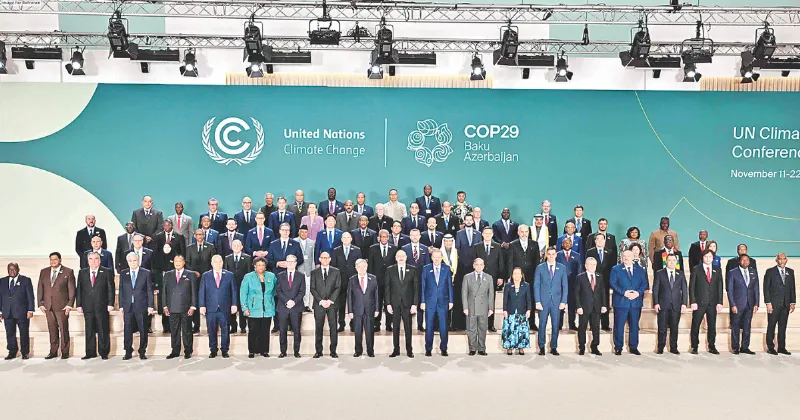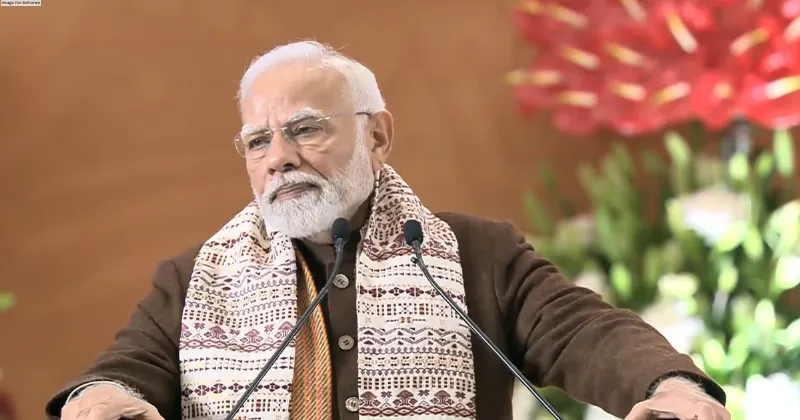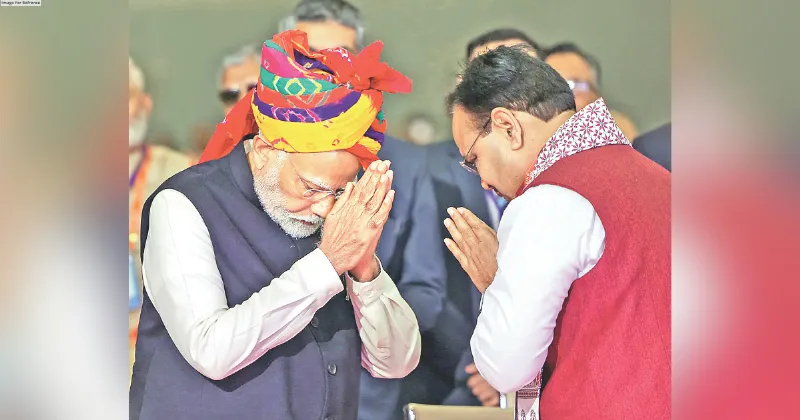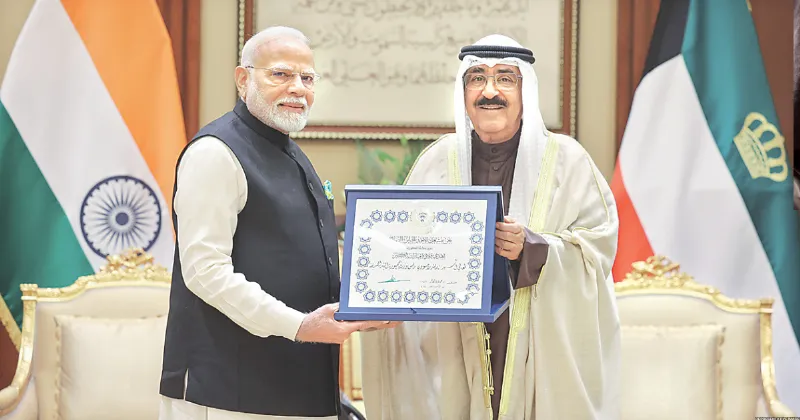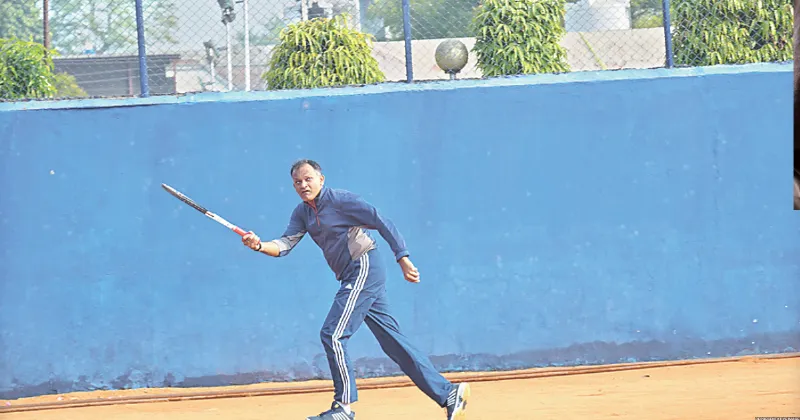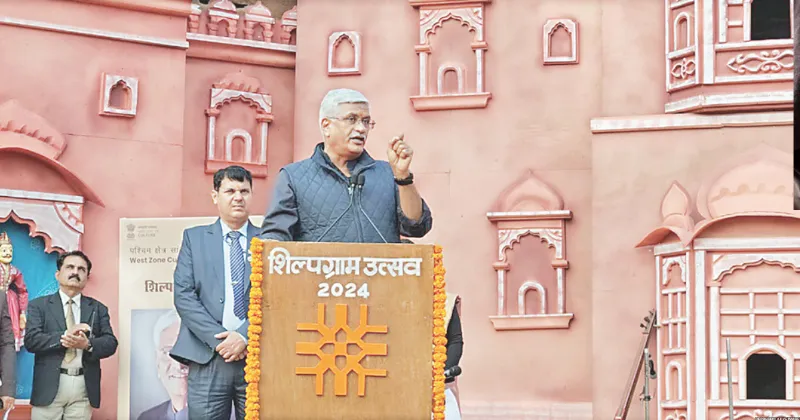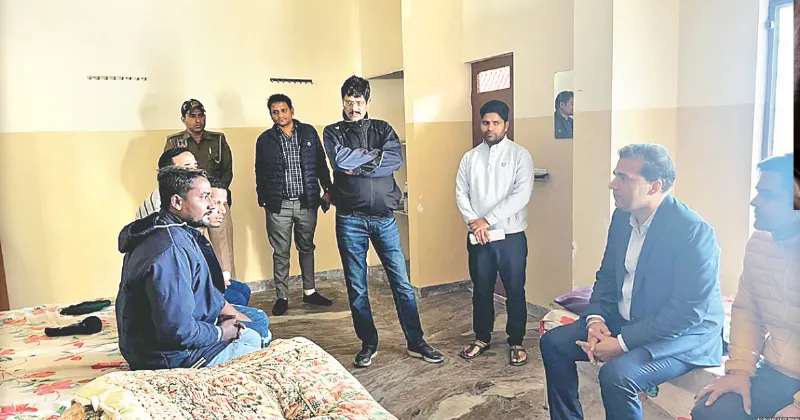A BETTER WAY TO SURVIVE ANXIOUS TIMES
.png)
After the crisis of the pandemic, many people looked for a better way to cope with stress—suddenly, normal life was overshadowed by threats of loneliness, depression, anxiety, and strained relationships. Good intentions, however, go only so far. In post-COVID times, people still feel threatened and insecure. The ordinary measures of recovery, such as a strong economy and low unemployment, have been surprisingly ineffective in dispelling our malaise.
What this shows, first of all, is that malaise is personal, internal, and subjective. There is no healing effect in getting more money, job security, and other externals beyond their basic reassurance that physical survival is taken care of. Feeling safe and secure when all around you there are signs of threat is a struggle when the right guidance hasn’t been provided. Psychologists speak of a hierarchy of needs that leads to inspiring, fulfilling heights at the top, but the whole structure is unstable when the most basic needs aren’t met.
There is a better way supported by centuries of wise guidance. You just have to look in the right place, meaning the tradition of higher consciousness, which we can simply call waking up. It is irrelevant to argue over terminology, even though higher consciousness still has a lingering air of exotic mysticism in the West and among secular societies in general.
Waking up involves seeing with clarity what your circumstances are. The circumstances that everyone faces are sharply divisive, irrespective of how happy or miserable, loved or unloved, frustrated or fulfilled you happen to be. These are all ego states, and the ego itself is structured around division. That’s why everyone thinks in terms of opposites. We don’t have to dwell on cosmic opposites like good and evil, creation, and destruction, life and death.
What matters lies much closer to home—the experience of duality. The most basic duality that the ego recognizes is “I like X” versus “I don’t like Y.” Personal choice rules our lives. We build up our personal stories based on past choices that become essential to “me,” the individual ego personality. So ingrained is this way of life that hardly anyone wakes up and realizes that the whole setup is one-dimensional. A string of a dozen choices, a hundred or a thousand, doesn’t go any deeper than “I like X,” “I don’t like Y.”
As a result, we attempt to escape crisis and cope with anxiety by making better ego choices. This solution works if you have made really bad, self-defeating choices. But if better ego choices really were the solution, no one with money, achievement, good relationships, career, success, and a happy family life would ever be anxious, depressed, and hopeless about the future.
Waking up is a form of responsibility—you realize that getting to a deeper level depends on you, not your ego or other people. Blame is tossed out. Anger and frustration aren’t indulged over and over. You are responsible for the one thing that is truly transformative, the gift of selfawareness. At the ego level self-awareness is both good and bad—such is the nature of duality. At a deeper level, self-awareness is the only way forward.
The reason for this is that self-awareness reconciles opposites, and opposites are the heart of the problem. At this point, some explanation is needed. Think of any category that is important to you personally, the ones that anchor your core identity. These might include love, success, self-worth, personal security, the opinion of others, and your role in the family. Now apply any of these to yourself with a sentence that begins “I am.” Say to yourself, “I am loved, I am unloved,” “I am a success, I am a disappointment,” “I am worthy, I don’t amount to much.”
As you apply these opposites, you will naturally identify with one pole or the other. At this moment you might feel loved, successful worthy, etc., or the opposite. Now stand back a little. At any given moment in your life, both poles have applied to you. You might have felt extremely unloved when you broke up with your first girlfriend, or like a failure when you got a dismal grade in college. Being fired is humiliating even when you go on to be successful in the future.
This oscillation between poles is the hidden curse in duality. It is the experiential basis for the Buddhist teaching that pain and pleasure are inevitably tied together. Stepping down to the mundane, the habit of oscillation is why people’s normal lives can be radically disrupted by a pandemic or similar crisis. The ego, which is almost the sole support most people rely upon, proves to be insecure by its very nature. It operates with deceptive success in fooling us into believing that a string of good experiences will solve the complexity of the human condition.
Nothing can solve that complexity, which all of us are embedded in, except self-awareness. If you don’t reconcile the opposites that divide life, then they are in charge. The reconciliation of opposites is the whole point of Yoga, which comes from the same Sanskrit word as “yoke”—joining two into one. Fortunately, despite the habit of surrendering to opposites, all of us have experience in uniting opposites. For example, no matter how good or bad a young child’s behavior is on a given day, parental love is constant, acting as a unifying force psychologically.
Appeal to patriotism, shared religious values, community spirit, and world peace are all efforts to unify opposites. Yoga, as exotic as it seems, comes naturally because no one is a total prisoner of the war of opposites. This natural ability only needs to be used consciously. Then it acquires the power to unite opposites that people find treacherous and difficult.
This is the union of detachment and involvement. They seem like pure opposites, with indifference on one side and commitment on the other. But detachment isn’t the opposite of involvement. It is the necessary complement. Involvement is the participation in finding creative solutions. If you can see how closely the two things are knit, you will see why the reconciliation of opposites is the only path to freedom, as wisdom traditions have testified for millennia. To explore these ideas further, see my book, “Total Meditation.”
THE VIEWS EXPRESSED BY THE AUTHOR ARE PERSONAL
Deepak Chopra The writer is MD, FACP, FRCP founder of the Chopra Foundation, a non-profit entity for research on well-being and humanitarianism, and Chopra Global




